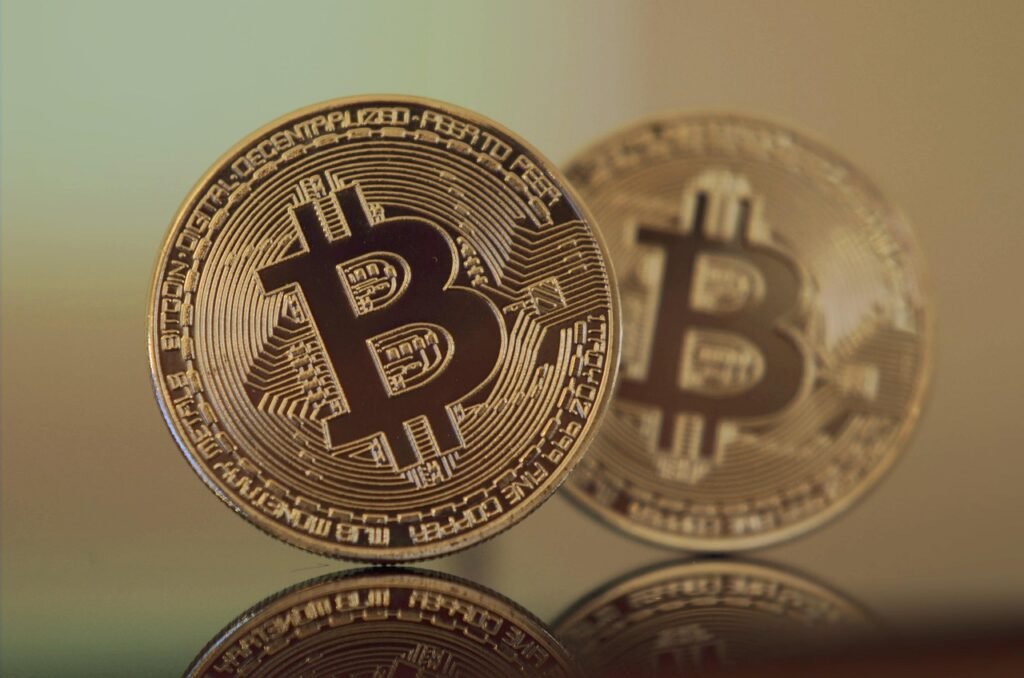
In today’s globalized economy, supply chains have become increasingly complex, involving multiple intermediaries, cross-border logistics, and diverse stakeholders. While this interconnectedness brings efficiency and scale, it also exposes supply chains to risks such as counterfeiting, product tampering, and fraud. From luxury goods to pharmaceuticals, ensuring product authenticity has become a pressing concern for manufacturers, distributors, and consumers alike. Solutions like Immediate Nextgen leverage blockchain technology, with its decentralized and tamper-proof nature, emerging as a transformative tool to address these challenges, offering unprecedented transparency, traceability, and trust in supply chains.
The Growing Challenge of Counterfeit Products
Counterfeit goods represent a significant threat to industries worldwide. According to estimates, fake products account for billions of dollars in losses annually, affecting sectors such as electronics, fashion, automotive parts, and medicines. The consequences go beyond financial loss; counterfeit drugs, for instance, pose severe health risks, while fake components in vehicles or electronics can compromise safety and reliability. Traditional methods of verifying product authenticity—such as serial numbers, barcodes, and holograms—are increasingly vulnerable to manipulation. Criminals can duplicate or forge these identifiers, making it difficult for companies and consumers to distinguish genuine products from fakes. Moreover, manual verification processes are slow, resource-intensive, and often fragmented across the supply chain, leaving gaps that counterfeiters can exploit.
How Blockchain Enhances Supply Chain Transparency
Blockchain offers a paradigm shift in how products are tracked and verified. At its core, blockchain is a decentralized digital ledger that records transactions in a secure, immutable, and time-stamped manner. When applied to supply chains, it enables each stakeholder—from manufacturers and logistics providers to retailers and end consumers—to access a shared, verifiable record of a product’s journey from origin to destination. Every step in the supply chain can be recorded on the blockchain, including production details, quality inspections, shipment information, and storage conditions. Once data is entered, it cannot be altered or deleted, ensuring the integrity of the product’s history. This transparency reduces the opportunity for fraud and provides verifiable proof of authenticity at every stage. For example, a luxury handbag manufacturer can record the origin of raw materials, assembly details, and shipment records on a blockchain. When a customer purchases the product, they can scan a QR code or use a mobile app to verify its provenance, ensuring that they receive a genuine item rather than a counterfeit.
End-to-End Traceability and Consumer Trust
One of blockchain’s most powerful applications in supply chains is enabling end-to-end traceability. By recording every transaction and movement of goods, blockchain allows stakeholders to track products in real-time. This visibility helps companies monitor compliance with quality standards, detect anomalies, and respond swiftly to recalls or issues. Consumers, too, benefit from this traceability. Today’s buyers are increasingly conscious of ethical sourcing, sustainability, and product integrity. Blockchain empowers them to access verifiable information about the products they purchase, such as the origin of materials, labor practices, and environmental impact. This transparency fosters trust, strengthens brand reputation, and enhances customer loyalty. Additionally, blockchain reduces the reliance on intermediaries for verification. In traditional supply chains, third-party auditors or certification agencies often play a key role in validating product authenticity. With blockchain, authentication can be automated, instant, and accessible to all stakeholders without compromising security.
Real-World Applications in Supply Chain Authentication
Several industries are already leveraging blockchain to verify product authenticity. In the pharmaceutical sector, companies like Pfizer and Modum are using blockchain to track drug shipments and ensure that medications remain genuine and stored under appropriate conditions throughout their journey. This is particularly critical for temperature-sensitive vaccines and medications, where even minor deviations can compromise efficacy. In the food industry, Walmart has implemented blockchain to trace the origin of produce, meats, and seafood. By scanning a blockchain record, Walmart can identify the farm, processing facility, and distribution path of a product in seconds, drastically reducing the time required to respond to contamination incidents or recalls. Luxury brands such as LVMH and Prada are also adopting blockchain to authenticate high-end fashion and accessories. By embedding digital certificates on the blockchain, these brands allow customers to verify the authenticity of items like handbags, watches, and jewelry, helping combat counterfeit markets that undermine brand value.
Advantages Beyond Authenticity
While verifying product authenticity is a primary benefit, blockchain also brings broader advantages to supply chains. The technology facilitates greater operational efficiency by automating record-keeping and reducing administrative overhead. Smart contracts—self-executing digital agreements on the blockchain—can trigger payments or shipments once specific conditions are met, streamlining transactions and reducing disputes. Moreover, blockchain enhances accountability among supply chain participants. Every stakeholder’s actions are recorded and visible to authorized parties, discouraging unethical practices such as fraud, mislabeling, or diversion of goods. For industries with stringent regulatory requirements, this accountability can simplify compliance reporting and audits. Sustainability initiatives also benefit from blockchain. Companies can track carbon footprints, ethical sourcing, and environmental practices throughout the supply chain, providing verifiable data for reporting and certification purposes. This not only meets consumer demand for sustainable products but also aligns with corporate social responsibility goals.
Challenges and Considerations for Implementation
Despite its potential, implementing blockchain in supply chains is not without challenges. One significant hurdle is interoperability. Supply chains often involve multiple systems and stakeholders using different technologies, making it critical to establish standardized protocols for seamless blockchain integration. Data accuracy is another concern. Blockchain ensures that once data is recorded it cannot be altered, but it cannot independently verify the truthfulness of input data. Ensuring that the information entered into the blockchain is accurate and trustworthy requires proper monitoring, sensors, and verification mechanisms at the point of origin. Cost and scalability can also pose challenges. While blockchain reduces administrative burdens over time, initial deployment can require significant investment in infrastructure, training, and technology integration. Companies must carefully weigh the benefits against implementation costs and choose blockchain solutions that align with their operational scale. Finally, privacy and data protection need careful attention. Sensitive information about suppliers, shipments, and production processes may require permissioned blockchains or selective disclosure mechanisms to balance transparency with confidentiality.
The Future of Blockchain in Supply Chain Authentication
As blockchain adoption grows, its role in verifying product authenticity is expected to expand across industries and regions. Emerging technologies such as IoT sensors, AI, and machine learning can further enhance blockchain-based supply chains by providing real-time data on environmental conditions, logistics, and demand patterns. Regulatory support and industry collaboration will be key to scaling blockchain solutions. By establishing shared standards and protocols, stakeholders can create interoperable systems that enable seamless verification across global supply chains. Such collaboration will be crucial for combating counterfeit goods, protecting consumer safety, and fostering trust in international trade. Ultimately, blockchain represents a fundamental shift in supply chain management. By combining transparency, security, and real-time verification, it not only ensures product authenticity but also strengthens operational efficiency, sustainability, and accountability. As businesses continue to navigate the complexities of global commerce, blockchain offers a robust foundation for building supply chains that are both reliable and trustworthy.











